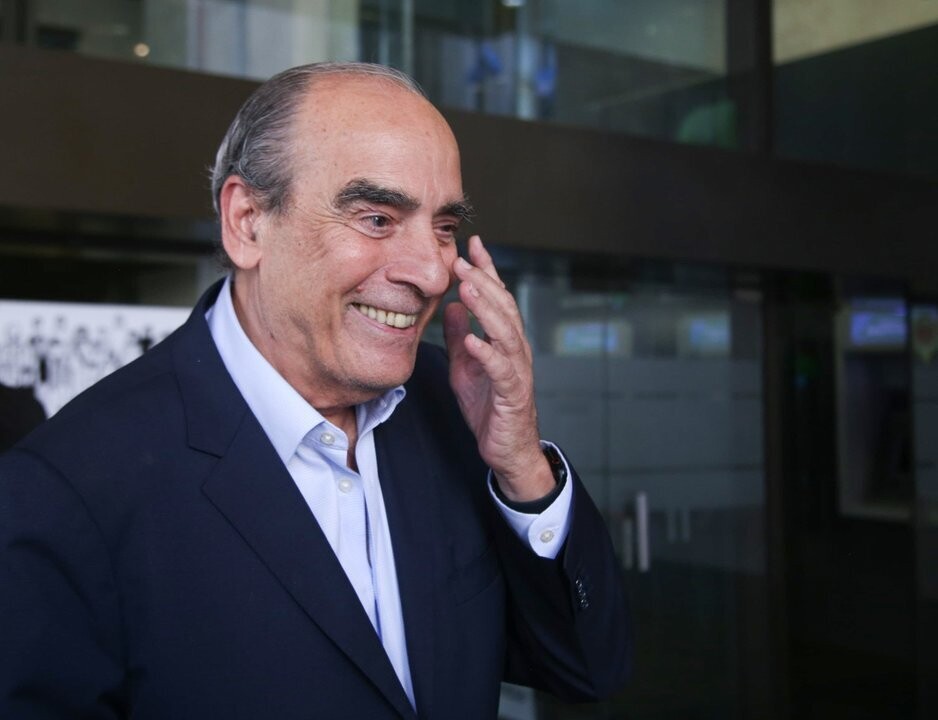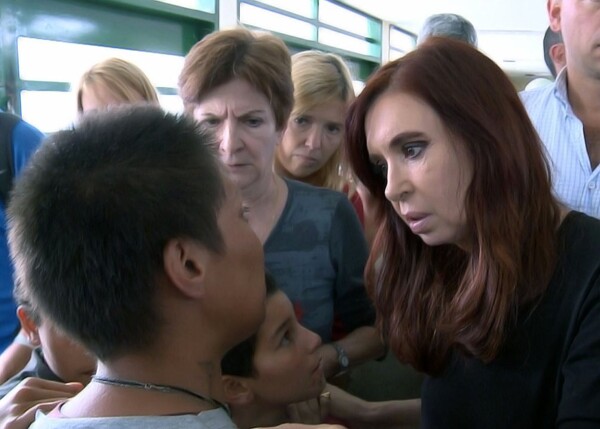
The Chief of Cabinet, Guillermo Francos, defended the legality and necessity of a decree of necessity and urgency (DNU) signed by the president regarding a disbursement that will be used to pay due obligations with the IMF or the national state's debt with the Central Bank. Francos emphasized that this type of measure has a strong historical and constitutional backing, and he is confident that the chambers will not reject it.
Regarding the current political communication, Francos mentioned that the system has evolved and that it is essential to adapt to changes. He highlighted the importance of social media as a communication tool to reach people and stressed that it is crucial for political leaders to stay informed about these transformations.
Regarding the interrogation of officials in Congress, the Chief of Cabinet indicated that the government is willing to provide the necessary answers but ruled out that this situation would turn into a media spectacle. Similarly, he stated that the government will not allow the opposition to turn this case into a political show without valid foundations.
Francos emphasized that the treasury debt will not increase and stressed that the agreement with the IMF clearly states that it will not increase the public debt of the country. Additionally, he referred to the scandal surrounding the cryptocurrency $LIBRA, promoted on social media by President Javier Milei, but clarified that this issue should be resolved in court and not through a political interrogation.
With Congress advancing in the debate on multiple legislative projects and the possibility of interrogating various officials, the political climate in Argentina is becoming increasingly tense. The opposition seeks to take advantage of these scandals to question the government, while the ruling party defends the decisions made and rejects the excessive politicization of certain issues.













